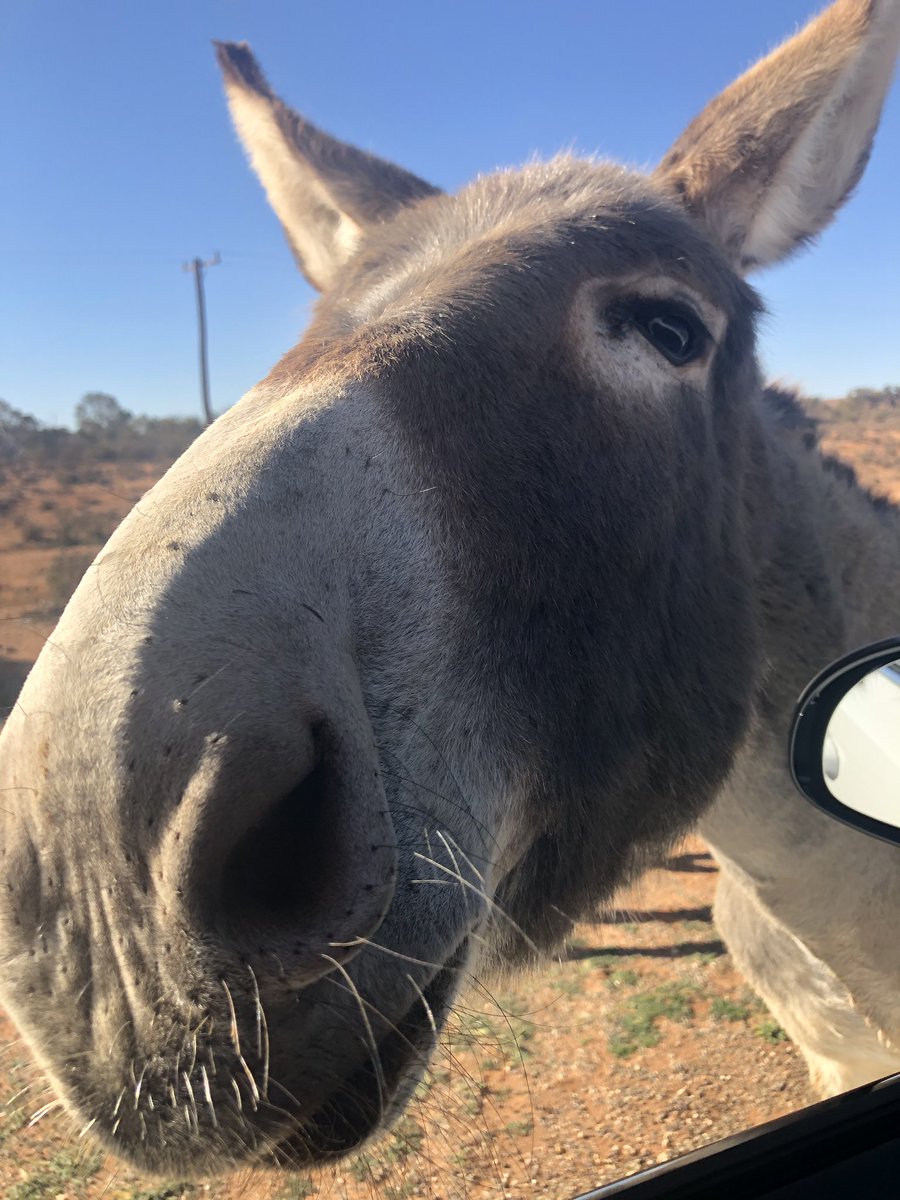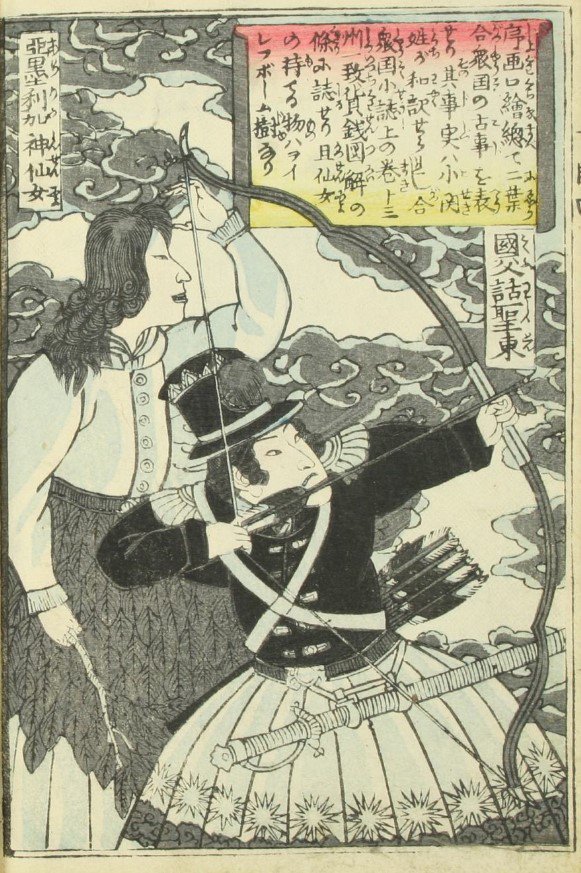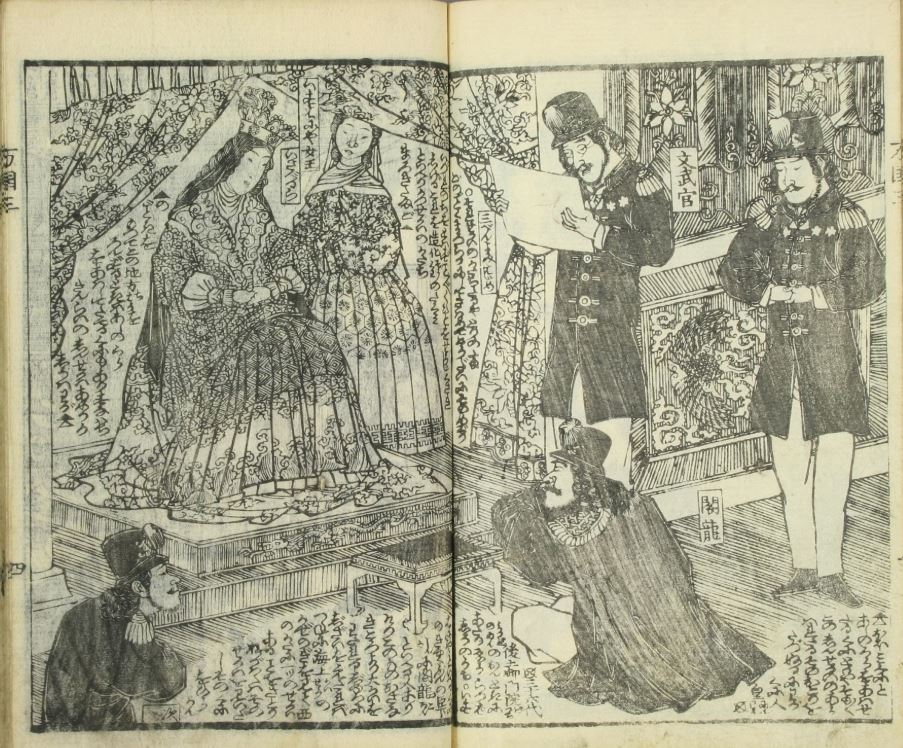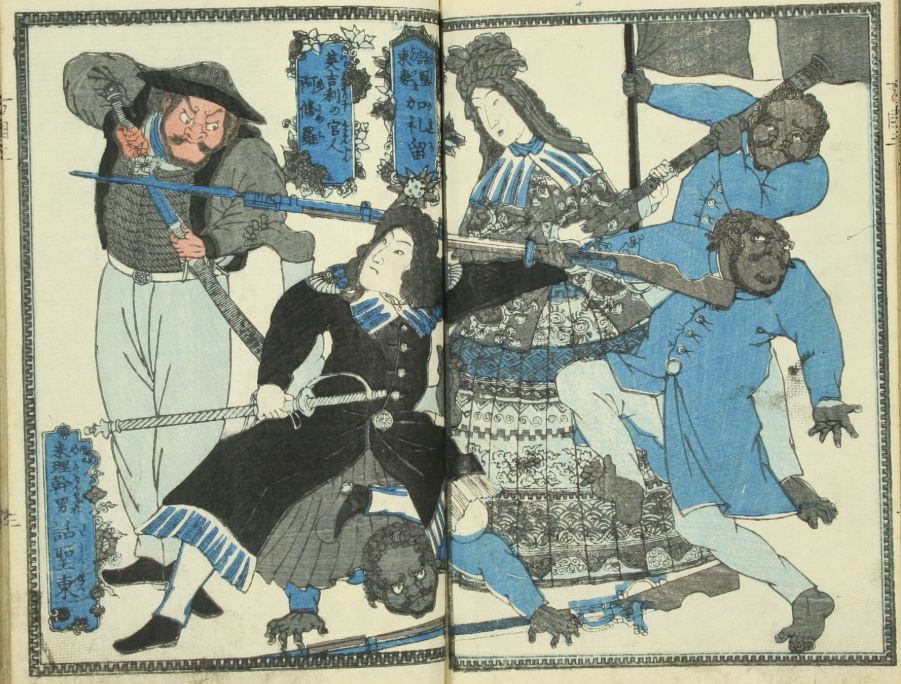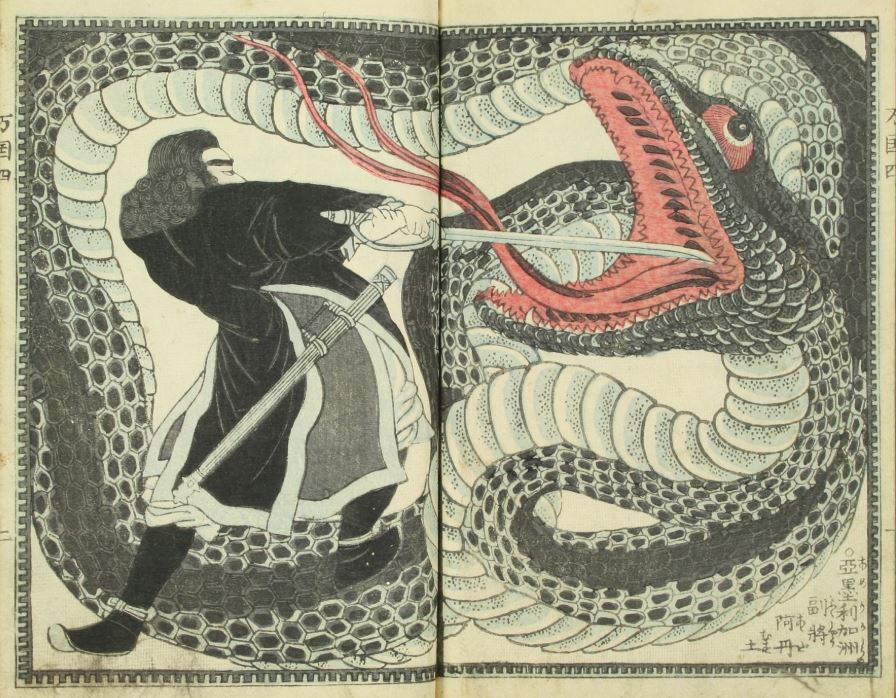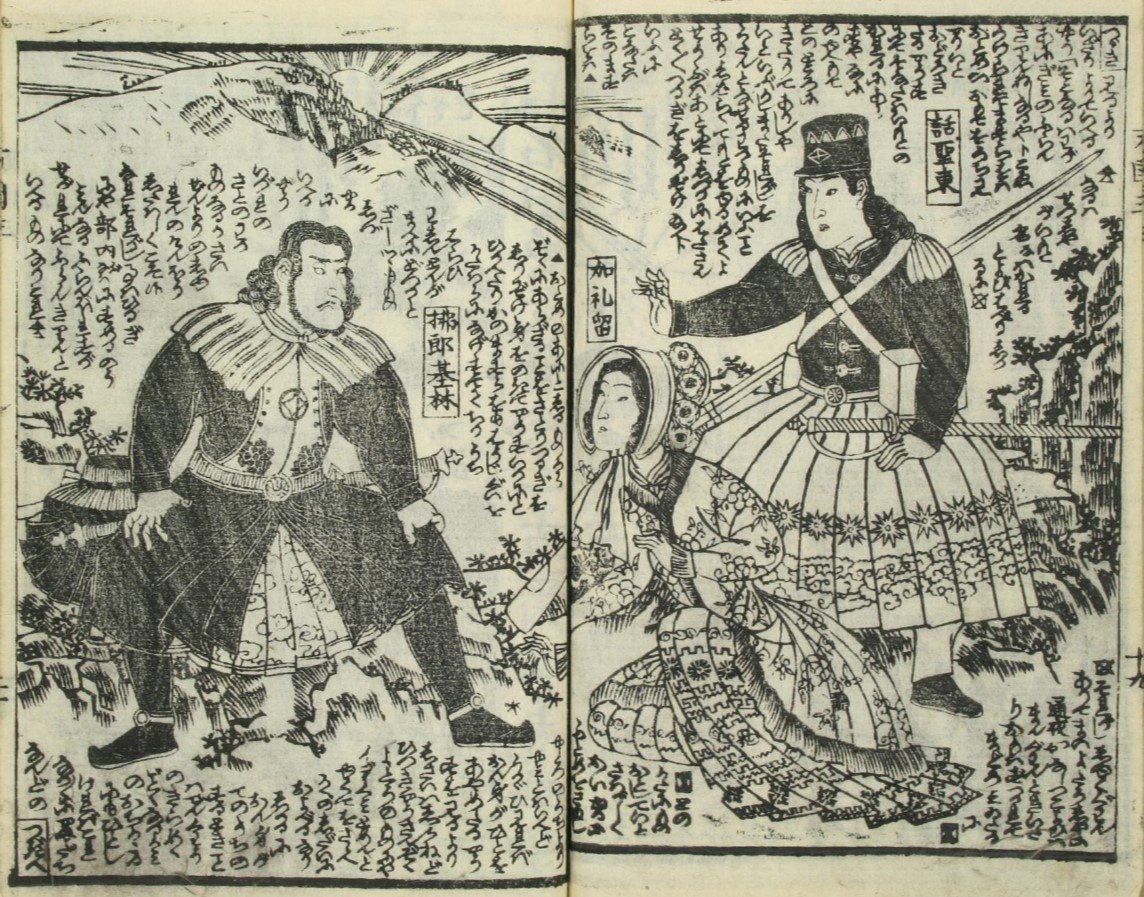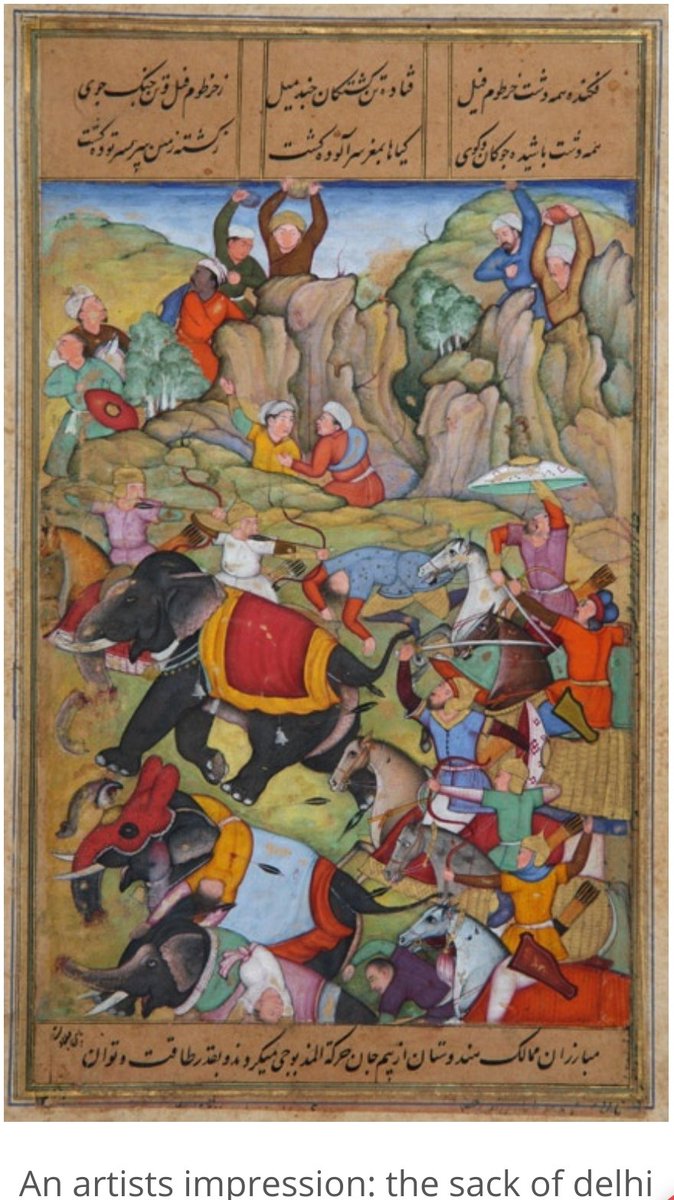hey this is a really really important thread, if you're a follower of mine i'd really appreciate it if you could read through this https://t.co/6yalBIEotQ
— Goddess of Butterflies (@JuniperTheory) January 17, 2021
A THREAD OF PEOPLE DISCUSSING MY THREAD:
[THREAD] https://t.co/Xr5YOxECxp
— Plum, Cat Girl (Festive)\U0001f384 (@BirbBabe) January 17, 2021
there's always a lot of stuff vying for yr attention on twitter but try to read this thread, if you can https://t.co/A8PNSgH1LL
— soaked through in digital video (@tvwolfsnake) January 17, 2021
5. There is no five.https://t.co/dsUDkY4dHa
— Lorxus \U0001f967 (@CoronaCoreanici) January 17, 2021
A THREAD OF PEOPLE DISCUSSING MY THREAD:
— Heather \u2b22 Flowers (@HTHRFLWRS) January 17, 2021
real shit right here, click thru https://t.co/LlwDg2OCeT
— the illustrious IRIS JAY (@irisjaycomics) January 17, 2021
here's a thread apologizing for this thread. sorry again https://t.co/xV9McJaN60
— Heather \u2b22 Flowers (@HTHRFLWRS) January 17, 2021
here's a cool person talking about my thread https://t.co/puVbnPQuKd
— Heather \u2b22 Flowers (@HTHRFLWRS) January 17, 2021
just a really good lesson for all of us to learn in this thread https://t.co/JWeUQOvWy9
— some dude who hates cops and owns a cool dog (@DocNum4) January 17, 2021
here's another good point https://t.co/b8AqlUpkPC
— Heather \u2b22 Flowers (@HTHRFLWRS) January 17, 2021
and here's another! people are being so nice to me https://t.co/d1MeD7sZgH
— Heather \u2b22 Flowers (@HTHRFLWRS) January 17, 2021
wait no jeez i'm sorry i mean uh https://t.co/4gfMDhSFHP
— Heather \u2b22 Flowers (@HTHRFLWRS) January 17, 2021
george: i'm yearning, jerry!
— Heather \u2b22 Flowers (@HTHRFLWRS) August 26, 2019
jerry: yearning!?
george: yearning, i tell you!
jerry: what, did you get bored of pining?
george: i'm pining and yearning at the same time, jerry!
oh gosh is this the right link oh jeez https://t.co/YXd46kJx3K
— Heather \u2b22 Flowers (@HTHRFLWRS) January 17, 2021
More from For later read
You May Also Like
As someone\u2019s who\u2019s read the book, this review strikes me as tremendously unfair. It mostly faults Adler for not writing the book the reviewer wishes he had! https://t.co/pqpt5Ziivj
— Teresa M. Bejan (@tmbejan) January 12, 2021
The meat of the criticism is that the history Adler gives is insufficiently critical. Adler describes a few figures who had a great influence on how the modern US university was formed. It's certainly critical: it focuses on the social Darwinism of these figures. 2/x
Other insinuations and suggestions in the review seem wildly off the mark, distorted, or inappropriate-- for example, that the book is clickbaity (it is scholarly) or conservative (hardly) or connected to the events at the Capitol (give me a break). 3/x
The core question: in what sense is classics inherently racist? Classics is old. On Adler's account, it begins in ancient Rome and is revived in the Renaissance. Slavery (Christiansen's primary concern) is also very old. Let's say classics is an education for slaveowners. 4/x
It's worth remembering that literacy itself is elite throughout most of this history. Literacy is, then, also the education of slaveowners. We can honor oral and musical traditions without denying that literacy is, generally, good. 5/x



